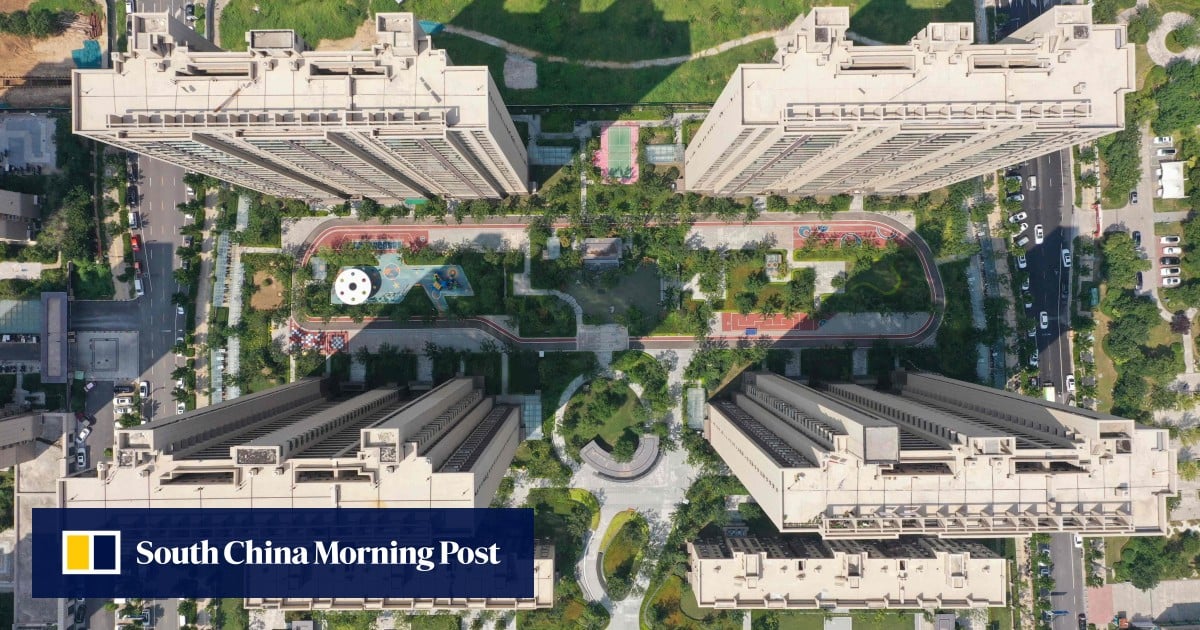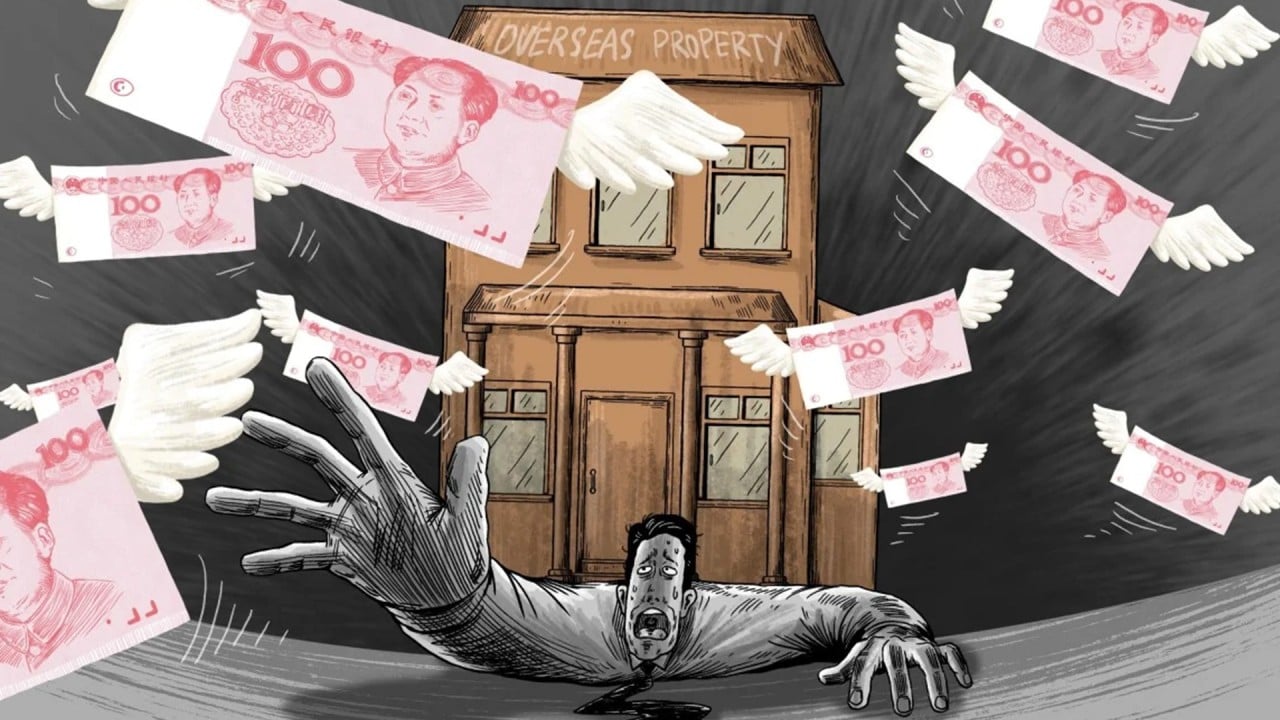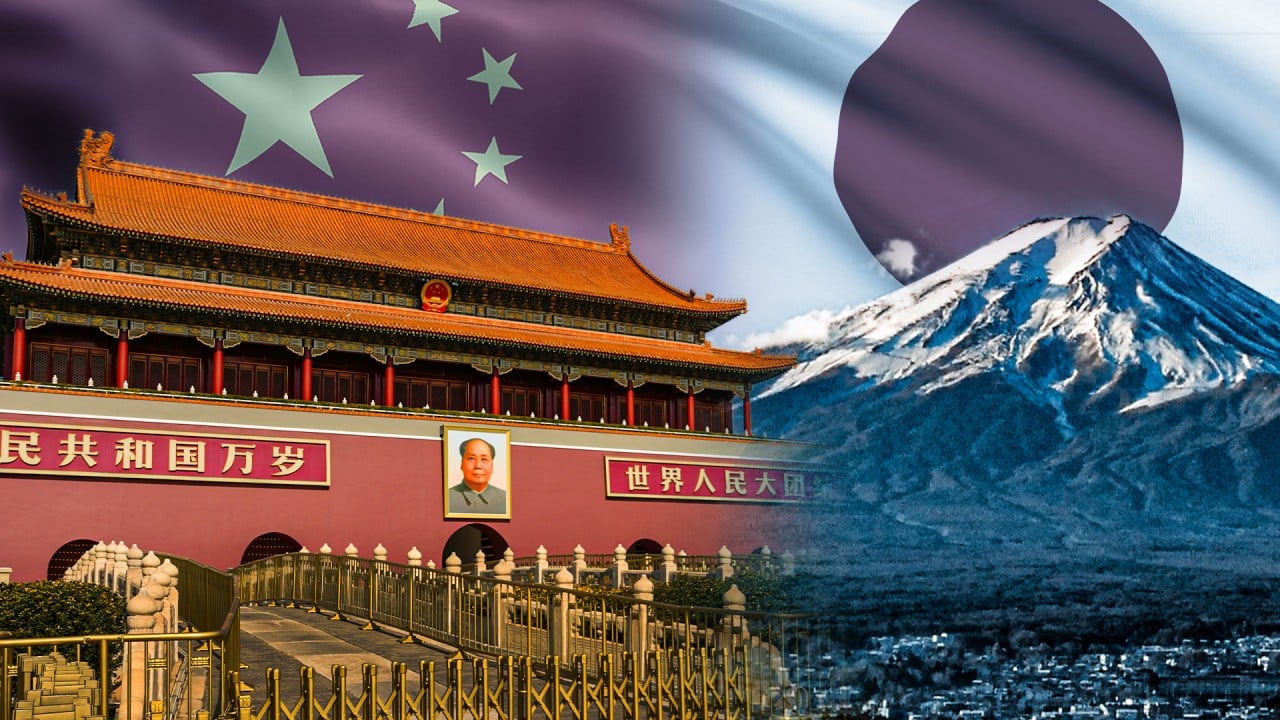
14 Apr China property: ‘iPhone City’ gets a consumption upgrade incentive with trade-in scheme to revive woeful housing market
For a start, a local-government entity will buy 5,000 units of homes and renovate them for reselling at a later date, according to the plan unveiled earlier this month. The city’s housing authority will separately push owners of another 5,000 units to list or sell them in the open market, promising speedy approvals and tax breaks.
“Homebuyers are keeping a close eye on the details that are expected to come by the end of this month,” Zhao Fanghao, a property agent based in Zhengzhou, said. Inquiries and viewings from prospective buyers have increased by about 20 per cent since the policy was announced, he added.
Many local government authorities have tweaked dozens of policies to boost home demand, including tax reduction, amending ownership rules and reselling limits. Some 30 cities have introduced the “trade-in” programme to spur sales in the primary and secondary markets, according to China Index Academy.
Prices of second-hand homes in 100 mainland cities fell in March, the academy said, extending a sequential monthly drop that began in April 2022. This year alone, some 276 easing measures have been introduced across 160 cities to halt the market slump, according to data compiled by Zhuge Real Estate Data Research Centre.
Excess supply, weak prices plague China’s housing market amid limited policy aid
Excess supply, weak prices plague China’s housing market amid limited policy aid
“Home upgrades have always been a major source of demand and owners are getting more support from local governments,” said Chen Wenjing, director of market research at China Index Academy, noting that Wuxi and Changshu in eastern Jiangsu province have adopted the trade-in plan before Zhengzhou.
“This can help revive both the primary and secondary home market, as well as provide a new supply channel for affordable housing,” she said.
Among the incentives, owners taking part in the trade-in scheme will receive a 30 per cent reduction in taxes related to their transactions. The offer has been extended to the end of this year, according to the Zhengzhou city’s announcement.
How effective the trade-in programme will be remains a question as details on pricing are still lacking, some market observers said. Buyers are not rushing in because of a high level of inventory in new and old unsold homes, complicating the outlook, they added.
“The core point is, how much will the local government pay owners of existing homes,” said Chen Lin, a property agent with over 15 years of experience in the industry. “If the consideration is only 50 per cent or 60 per cent of the valuation, it cannot be expected to revitalise the market.”
The current stock of new homes in 15 major cities tracked by Zhuge Real Estate Data Research Centre stood at 122.5 million square metres. Some 6.9 million sq m were added to the market in March, a 229 per cent jump from a month earlier.
The scheme will take time to produce results, according to Guan Rongxue, a senior analyst with Zhuge. After all, market demand, the valuation of old homes and how much government funds to allocate to these properties remain key factors for consideration, she added.
“The number of lived-in homes is at a high level and home upgraders need to sell first to raise enough cash to buy new ones, so property transactions can be quite lengthy,” she added. “This [trade-in] measure can accelerate the process and enliven the market.”


